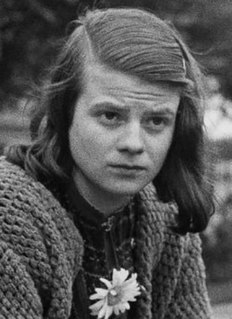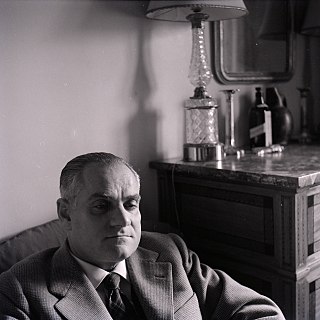A Quote by Cynthia Ozick
The novel at its nineteenth-century pinnacle was a Judaized novel: George Eliot and Dickens and Tolstoy were all touched by the Jewish covenant: they wrote of conduct and of the consequences of conduct: they were concerned with a society of will and commandment.
Related Quotes
Reading a novel after reading semiotic theory was like jogging empty-handed after jogging with hand weights. What exquisite guilt she felt, wickedly enjoying narrative! Madeleine felt safe with a nineteenth century novel. There were going to be people in it. Something was going to happen to them in a place resembling the world. Then too there were lots of weddings in Wharton and Austen. There were all kinds of irresistible gloomy men.
It seems to me that the novel is very much alive as a form. Without any question, every epoch has its own forms, and the novel nowadays cannot resemble that of the nineteenth century. In this domain all experiments are justified, and it is better to write something new clumsily than to repeat the old brilliantly. In the nineteenth century, novels dealt with the fate of a person or of a family; this was linked to life in that period. In our time the destinies of people are interwoven. Whether man recognizes it or not, his fate is much more linked to that of many other people than it used to be.
Writers in the nineteenth century - people like George Eliot and Flaubert - were accustomed to addressing particular communities with which they shared not only linguistic meanings but also an experience and history. Those communities have progressively split in the twentieth century, and grown more heterogeneous, and writers emerging from minority communities have found themselves addressing audiences closer to their experience and history - a phenomenon derided by conservative white men as identity politics and multiculturalism in the arts.







































